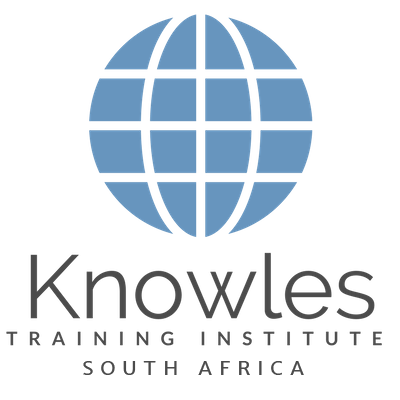Skip to content
Active RecallIntern1bksiuevej76kHhK2023-07-17T14:10:12+08:00
Active Recall
Active Recall Mastery: Optimizing Learning Through Effective Retrieval
- Active Recall and Executive Functioning: Active recall improves executive functioning. By actively retrieving and organizing information, learners enhance their cognitive control, working memory, and attentional skills, leading to more effective learning.
- Active Recall for Enhanced Problem Solving: Active recall boosts problem-solving aptitude. Through actively retrieving and utilizing knowledge, individuals elevate their capacity to tackle intricate problems, think analytically, and devise creative solutions. By actively retrieving and applying knowledge to solve complex problems, learners develop critical thinking skills, analytical reasoning, and strategic thinking abilities.
- Active Recall and Overcoming Procrastination: Active recall helps overcome procrastination. By actively engaging in retrieval practice, learners break through the cycle of procrastination, increase motivation, and develop a proactive approach to their learning tasks.
- Active Recall and Continuous Review: Active recall supports continuous review. By actively retrieving previously learned information at spaced intervals, learners reinforce memory traces, prevent forgetting, and ensure long-term retention.
- Active Recall and Enhanced Note-Taking: Active recall improves note-taking skills. By actively retrieving and summarizing key information during retrieval practice, learners develop effective note-taking strategies, enhancing their ability to capture and retain important concepts.
- Active Recall and Mindful Learning: Active recall promotes mindful learning. By actively engaging in retrieval practice with full attention and awareness, learners cultivate a state of mindfulness, deepening their connection with the material and enhancing memory consolidation.
- Active Recall for Metaphorical Thinking: Metaphorical thought is stimulated by active recall. Learners improve creative and abstract thinking abilities by actively locating and making connections between several concepts or domains, encouraging original discoveries and viewpoints.
- Active Recall and Learning Adaptation: Active recall fosters learning adaptation. By actively retrieving information and adapting it to different contexts or scenarios, learners develop flexibility in their thinking and enhance their ability to apply knowledge in diverse situations.
- Active Recall and Peer Feedback: Active recall benefits from peer feedback. By actively engaging in retrieval practice with peers and providing constructive feedback, learners receive valuable insights, alternative perspectives, and collaborative support to improve their recall performance.
- Active Recall and Digital Learning Platforms: Active recall can be implemented on digital learning platforms. By actively retrieving information through interactive quizzes or digital flashcards, learners leverage the advantages of technology for efficient and personalized retrieval practice.
Page load link


